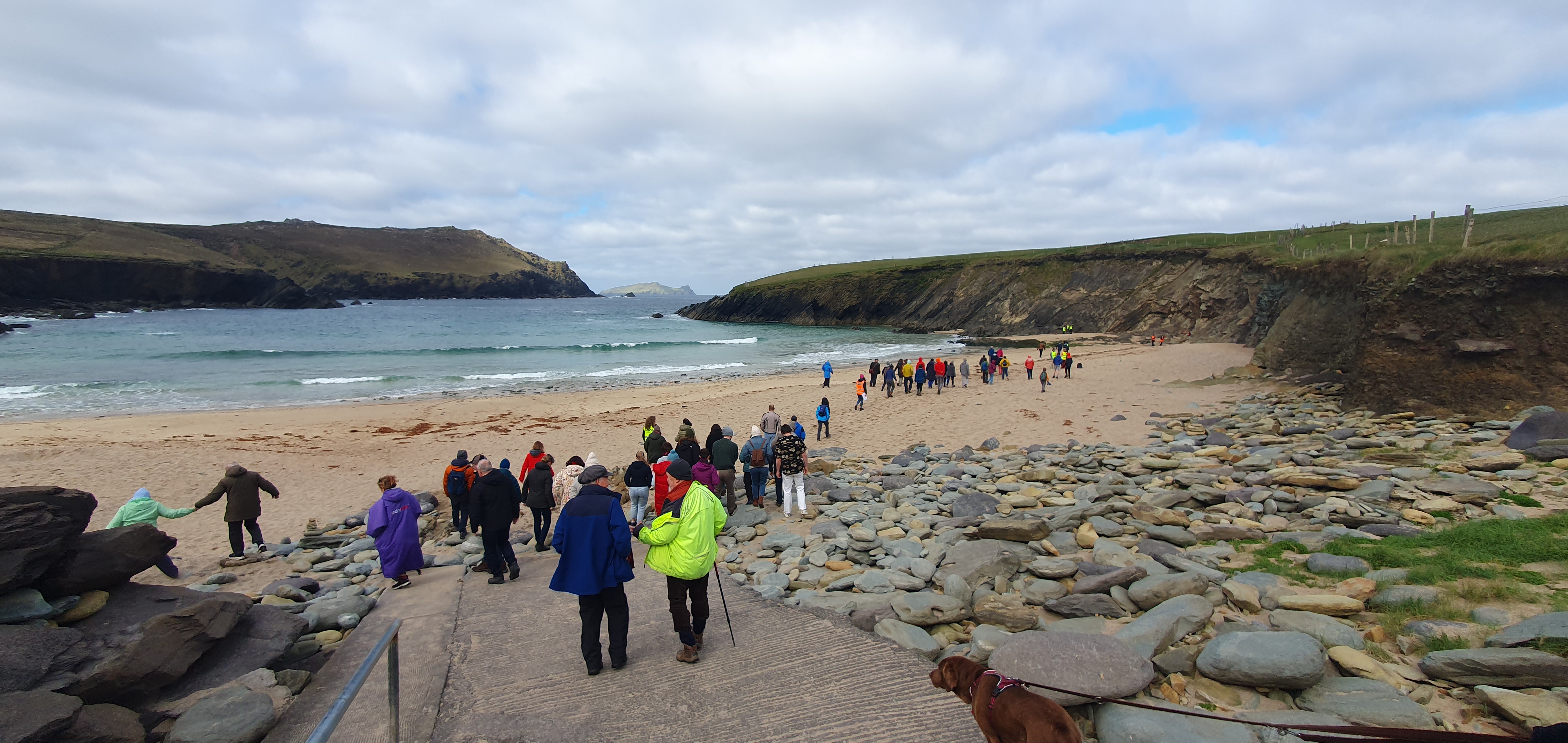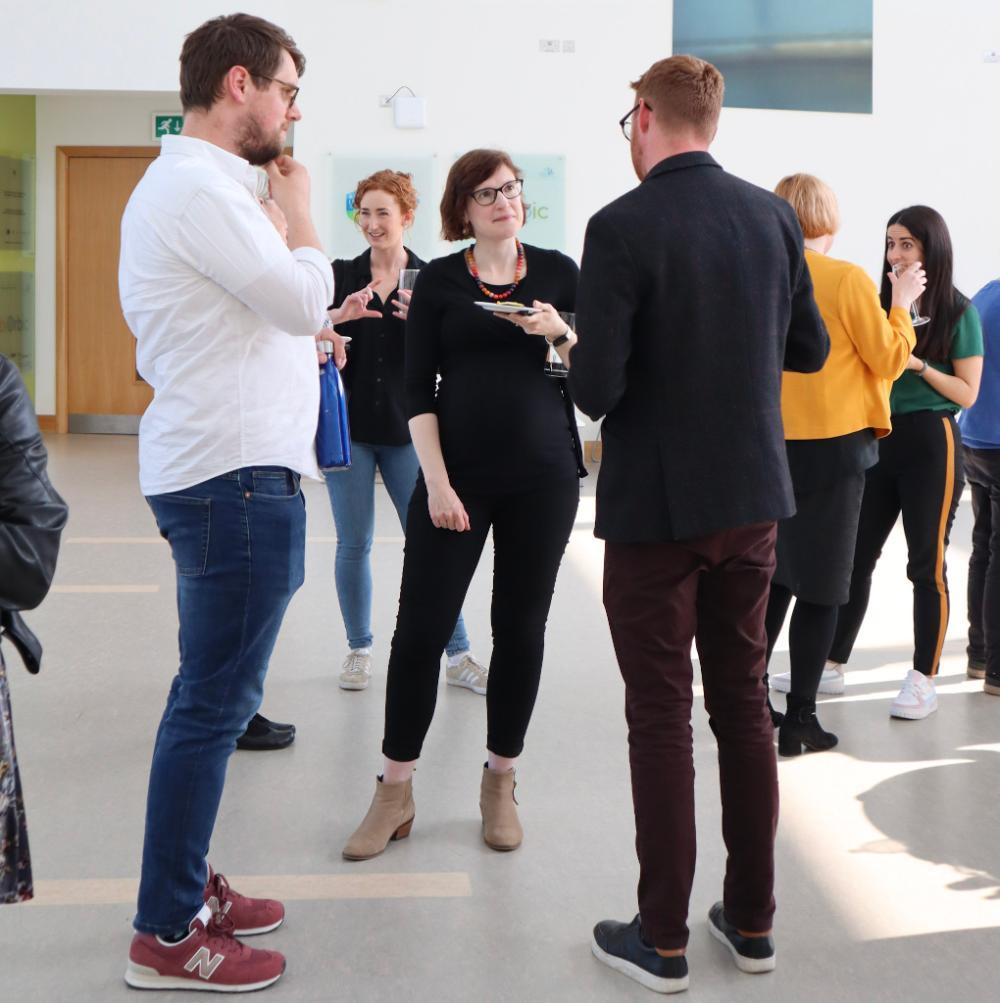

MESSAGE: the Marine & Energy Social Sciences & Humanities Interdisciplinary Research Group is an interdisciplinary research group hosted by the UCD Earth Institute with support from the iCRAG Research Ireland Centre for Applied Geosciences. MESSAGE carries out fundamental research with a particular focus on coastal, marine and renewable energy challenges.
